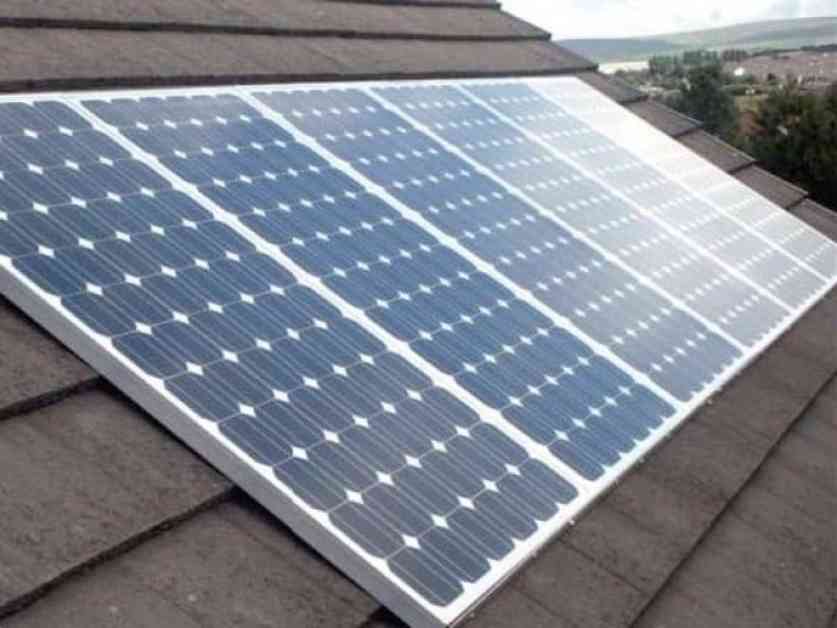Senate Panel Investigates Viability of Solar Power in Pakistan
The Senate Standing Committee on Industries and Production recently delved into the intricate world of solar power in Pakistan, questioning the government’s stance on purchasing electricity from solar consumers at Rs9 per unit. This inquiry, spearheaded by Chairman Senator Aon Abbas Buppi, also shed light on concerns regarding potential lobbying by Independent Power Producers (IPPs) against the solar policy.
Ministry Briefs Committee on Solar Panel Policy
During the committee meeting, officials from the Ministry of Industries and Production provided a comprehensive overview of the solar panel policy. They revealed that the ministry had embarked on this journey following the directives of the Special Investment Facilitation Council (SIFC). Moreover, the officials discussed the importance of engaging stakeholders and addressing critical issues such as sales tax in the solar industry.
Calls for Local Solar Manufacturing
Senator Saifullah Niazi emphasized the necessity of taking proactive measures to boost local solar manufacturing in Pakistan. The committee chairman, Senator Buppi, raised pertinent questions about the pricing of solar panels and the feasibility of local production. In response, ministry officials cited market conditions and import dynamics as key factors influencing pricing decisions.
Push for Electric Vehicle Initiatives
In addition to scrutinizing the solar panel policy, the committee also deliberated on electric vehicle (EV) initiatives. Notably, the Engineering Development Board (EDB) CEO highlighted the policy’s objective of promoting local solar production and proposed tax exemptions to incentivize industry growth. Plans for establishing an international certification laboratory were also discussed, signaling a robust vision for the future of solar energy in Pakistan.
Future Outlook and Challenges
As the committee explored the draft of the EV policy, discussions centered on the installation of EV charging stations at petrol pumps in Islamabad and along major motorways. With 40 locations earmarked for charging stations and 3,000 stations slated for nationwide deployment, Pakistan is gearing up to embrace the electric vehicle revolution.
In conclusion, the Senate panel’s inquiry into the viability of solar power and electric vehicle initiatives underscores the government’s commitment to sustainable energy practices and economic development. By addressing key policy issues and fostering local manufacturing capabilities, Pakistan is poised to emerge as a regional leader in renewable energy innovation.
Humanizing Touch:
Imagine waking up to a world powered by clean, renewable energy, where every car on the road hums silently, emitting zero emissions into the atmosphere. This vision of a sustainable future is not a distant dream but a tangible reality that Pakistan is striving to achieve through its solar power and electric vehicle initiatives. As we navigate the complexities of energy policy and industrial production, let us pause to reflect on the profound impact these decisions will have on the environment, economy, and our everyday lives. Together, we can harness the power of the sun and pave the way for a brighter, greener tomorrow.









